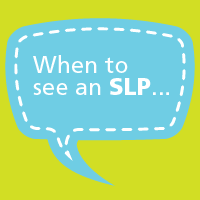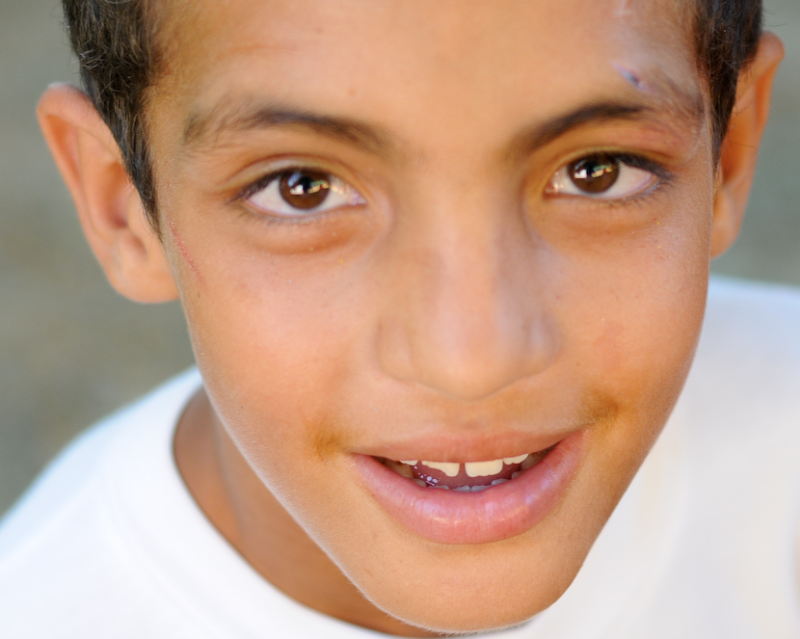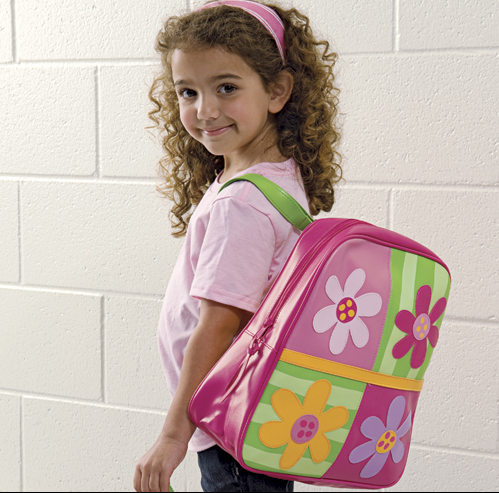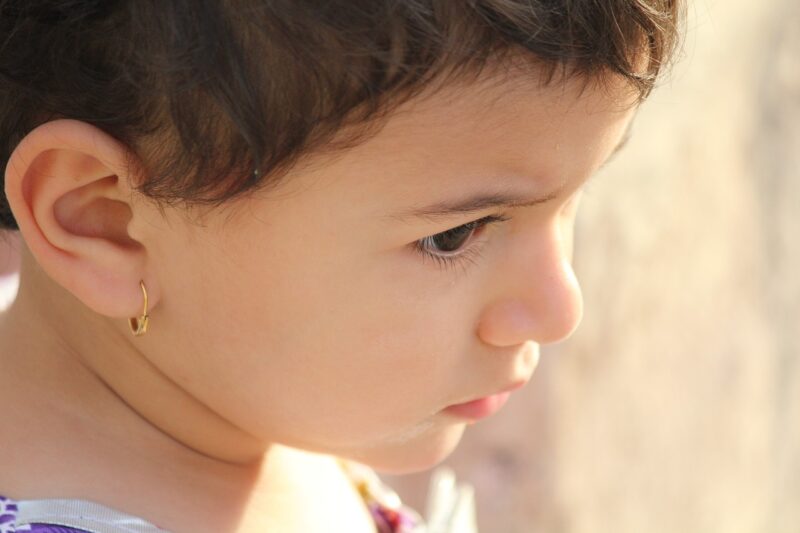
When Should You Seek the Advice of a Speech-Language Pathologist?
Written by Nova Consunto, Speech-Language Pathologist at CHC With kids’ speech and language abilities developing at such different rates, it’s hard to know when to be concerned about delays. Here are the top ten indicators that it might be time Read more >>











